Viv woke at 4:00 am but I didn't realize it was so early since the curtains were closed so I told her to go ahead and start listening to an audio book. The Chronicles of Narnia played me back to sleep.
The big plan for today is to go to a park near Victoria Prep that's off Lisburn. I have a ton of work to do so I'll bring my Kindle in case there's no wifi hotspot there (I love that I can send pdf and Word documents to my Kindle. That's the best $16 I ever spent.)
How about a wee money lesson? The currency in the U.K. (which includes Northern Ireland) is Pound Sterling.
Coins:
Notes:
Care for a bit of information about the United Kingdom? Let me overwhelm you with the help of the BBC:
United Kingdom country profile
- 18 July 2016
- Europe
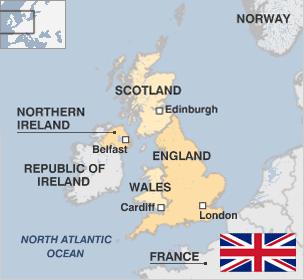
The United Kingdom is made up of England, Wales, Scotland and Northern Ireland. It has a long history as a major player in international affairs and fulfils an important role in the EU, UN and Nato.
The twentieth century saw Britain having to redefine its place in the world. At the beginning of the century, it commanded a world-wide empire as the foremost global power.
Two world wars and the end of empire diminished its role, but the UK remains an economic and military power, with considerable political and cultural influence around the world.
In 2016 the country voted in a referendum to quit the European Union.
- Read full overview
- Read more country profiles - Profiles by BBC Monitoring
FACTS
United Kingdom of Great Britain and Northern Ireland
Capital: London
- Population 62.8 million
- Area 242,514 sq km (93,638 sq miles)
- Major language English
- Major religion Christianity
- Life expectancy 78 years (men), 82 years (women)
- Currency pound sterling
Getty Images
LEADERS
Head of state: Queen Elizabeth II
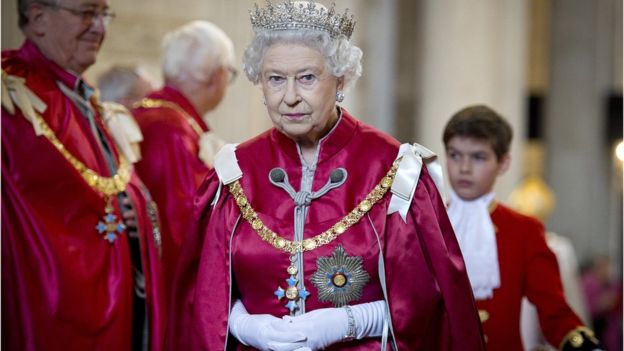 GETTY IMAGES
GETTY IMAGES
Elizabeth II became queen of the United Kingdom of Great Britain and Northern Ireland in 1952 upon the death of her father, George VI.
In September 2015, she became Britain's longest-reigning monarch, surpassing the record of her great-great grandmother, Queen Victoria.
She is also head of state of 16 independent countries including Canada and Australia.
As a constitutional monarch, her role in the legislative process is largely ceremonial.
Prime minister: Theresa May
Theresa May became prime minister in July 2016 on the resignation of her predecessor and fellow Conservative, David Cameron, in the wake of a referendum vote for Britain to leave the European Union.
Mrs May backed Mr Cameron's support for Britain to remain in the EU, but faces the task of overseeing its exit before the next general election in 2020. She served as home secretary in both of Mr Cameron's governments, the 2010-2015 Conservative/Liberal Democrat coalition and the 2015-2016 Conservative majority administration, acquiring a reputation for combining firmness on security with a relatively liberal stance on social issues.
MEDIA
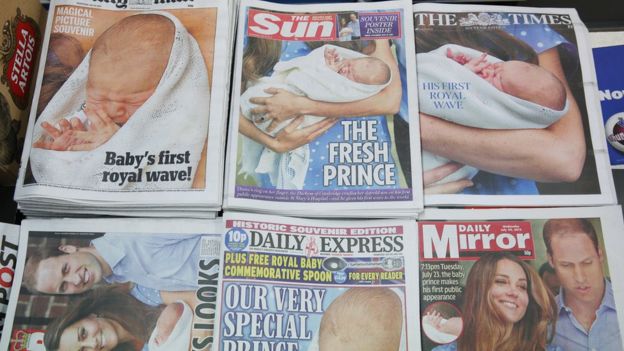 GETTY IMAGES
GETTY IMAGES
The UK has a strong tradition of public service broadcasting and an international reputation for creative programme-making.
The fledgling BBC began daily radio broadcasts in 1922 and quickly came to play a pivotal role in national life. The Empire Service - the forerunner of the BBC World Service - established a reputation worldwide. The BBC is funded by a licence fee, which all households with a TV set must pay.
Commercial TV began in 1955 with the launch of ITV, while commercial radio arrived in the 1970s. Hundreds of privately-owned radio and TV stations now compete with the BBC for listeners and viewers.
There are numerous national and local papers, reflecting the full spectrum of news and opinion. In recent years, printed newspaper circulations have been sliding while online readership has surged.
- Read full media profile
TIMELINE
Some key dates in British history:
1914 - Outbreak of World War I. UK enters hostilities against Germany.
1918 - War ends in November with armistice. The number of UK war dead runs to several hundred thousand.
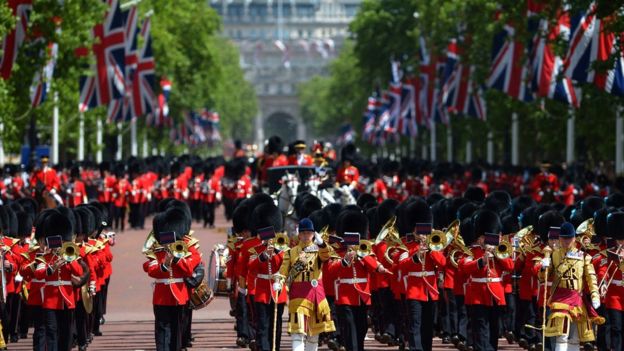 GETTY IMAGES
GETTY IMAGES
1921 - UK agrees to the foundation of the Irish Free State. Northern Ireland remains part of the UK.
1924 - First UK government led by the Labour party under Prime Minister Ramsay MacDonald.
1939 - Germany invades Poland. UK declares war on Germany.
1940 - Winston Churchill becomes prime minister.
1944 - Allied troops invade France from Britain on D-Day (6th June) and begin to fight their way towards Germany.
1945 - Germany surrenders. Labour leader Clement Atlee is elected prime minister to replace Winston Churchill. The new Labour government introduces the welfare state.
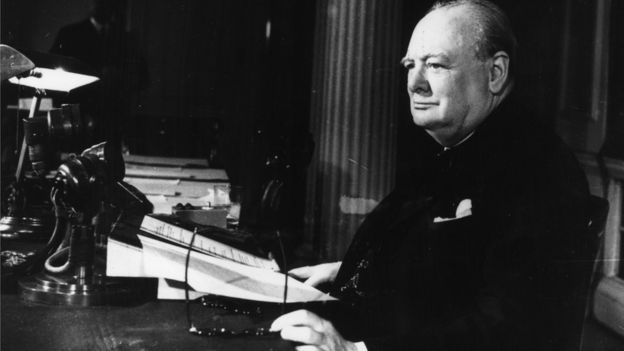 GETTY IMAGES
GETTY IMAGES
1945 - The UK becomes a permanent member of the UN Security Council.
1948 - National Health Service is established.
1949 - The UK becomes a founder member of Nato.
1953 - Coronation of Queen Elizabeth II.
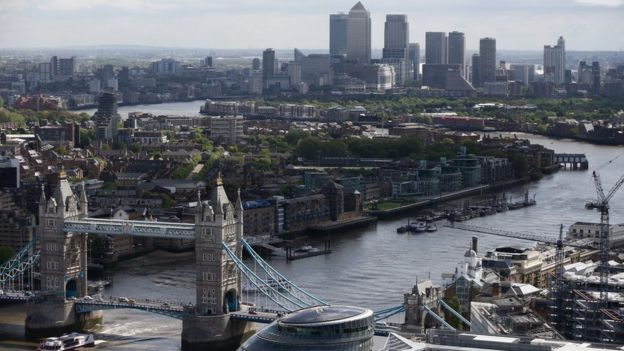 GETTY IMAGES
GETTY IMAGES
1960s - Decolonisation of former British-controlled territories gathers pace.
1969 - British troops sent to quell unrest in Northern Ireland.
1973 - The UK joins the European Economic Community.
1979 - Conservative Margaret Thatcher begins move towards deregulation of economy.
2016 - Political crisis after voters in a referendum opt to quit the European Union.


No comments:
Post a Comment